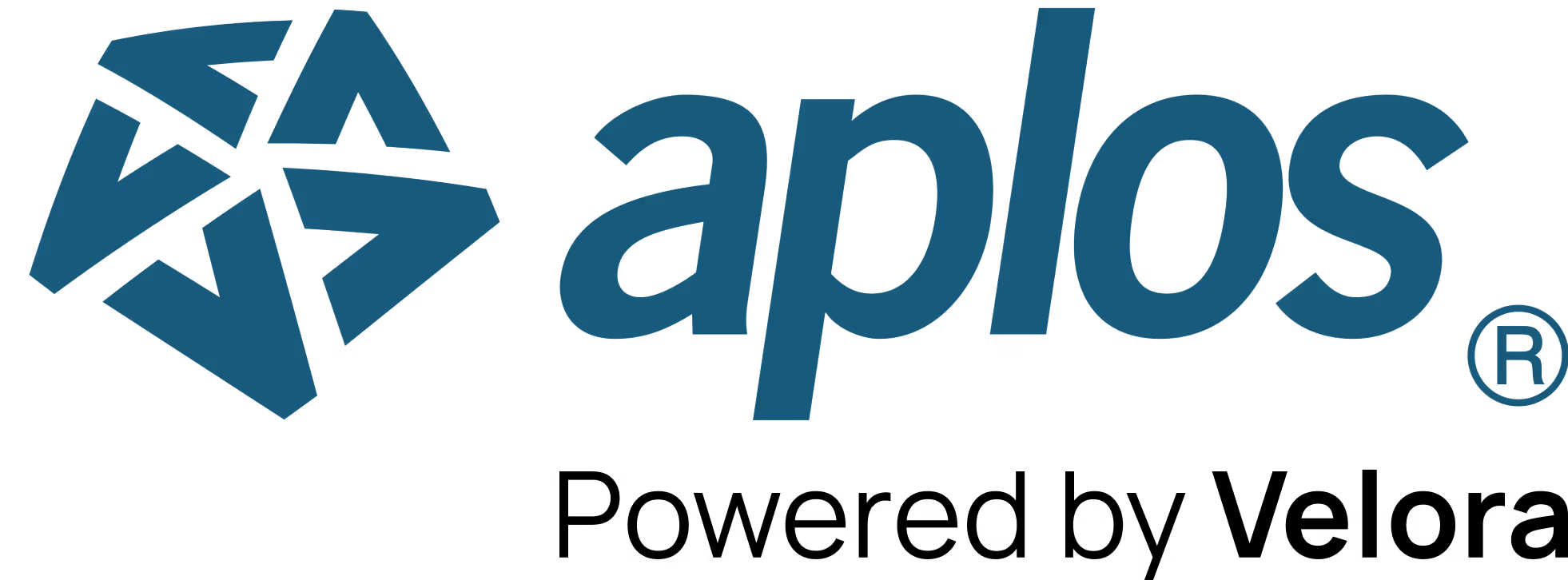
The Difference Between Cash Basis and Accrual Basis

The Difference Between Cash Basis and Accrual Basis

Cash and accrual are two ways your organization can keep track of its finances. Most organizations function off of a cash basis, but there may be a situation where running your finances on an accrual basis would be beneficial.
So what’s the difference? Operating on a cash basis simply means you record your income as you receive money, and you record your expense as you pay money out. Operating on an accrual basis means you’ll record your income and your expenses based on when the event occurs rather than when you actually receive the money or paid the money.
For example, let’s say you have a contractor come out and do work on your building, and he gives you an invoice for the work that day. Here’s the breakdown:
Cash Basis
If you were operating on a cash basis, you would record the expense as of the date the money left your bank.
An advantage of operating on a cash basis rather than an accrual basis is it’s super simple. You record your income as you receive it and expenses as you pay them out. A disadvantage is it may be too simple. You may not be able to report income and expenses for a previous month or year if you need to.
Accrual Basis
If you were operating on an accrual basis, you would record the expense on the day the contractor gave you the invoice.
An advantage of operating on an accrual basis rather than a cash basis is you have a little more flexibility with this option. If you received income you need to record for a prior month or year, you can do that. But a disadvantage is it can complicate things in your accounting.

Our comprehensive closeout services start at $399 per month that needs to be reconciled. Sign up before Jan 1st and pay just $199.50 per month!
Copyright © 2025 Aplos Software, LLC. All rights reserved.
Aplos partners with Stripe Payments Company for money transmission services and account services with funds held at Fifth Third Bank N.A., Member FDIC.
Copyright © 2024 Aplos Software, LLC. All rights reserved.
Aplos partners with Stripe Payments Company for money transmission services and account services with funds held at Fifth Third Bank N.A., Member FDIC.



.png)



